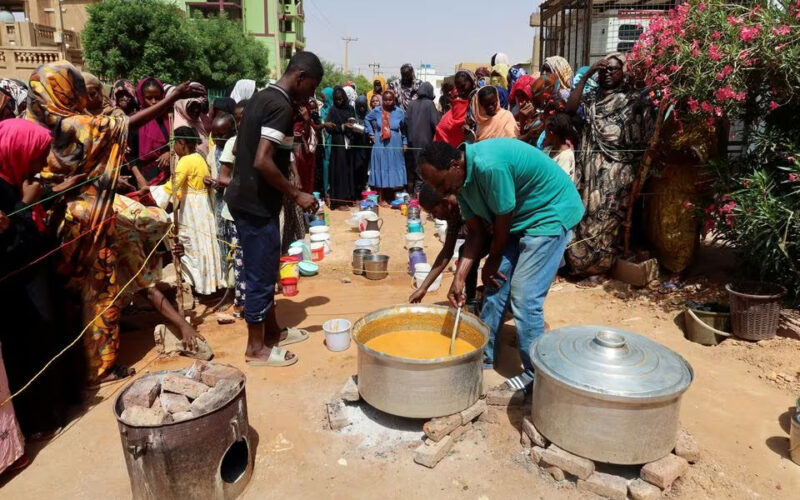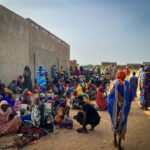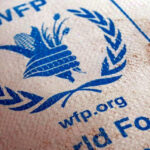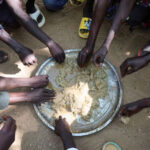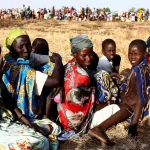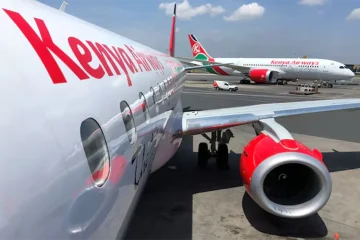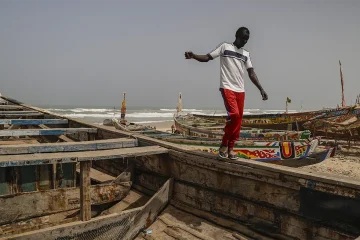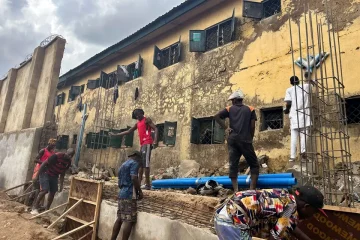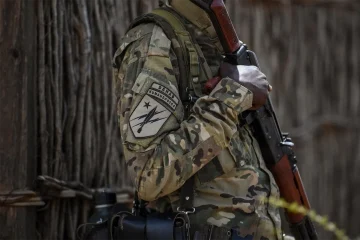AID agencies are looking at delivering aid to Sudan on a new route from South Sudan as they struggle to access much of the country, a senior U.N. official said, nine months into a war that has caused a major humanitarian crisis.
The war between the army and the paramilitary Rapid Support Forces (RSF) has left nearly half of Sudan’s 49 million people requiring aid. More than 7.5 million people have fled their homes, making Sudan the biggest displacement crisis globally, and hunger is rising.
Aid supplies have been looted and humanitarian workers attacked, while international agencies and NGOs have long complained about bureaucratic obstacles to getting into the army-controlled hub of Port Sudan and obtaining travel permits for access to other parts of the country.
“There’s a very, very difficult operating environment, very hard,” Rick Brennan, regional emergencies director for the World Health Organization (WHO), said in a press briefing in Cairo on Monday.
Aid agencies lost access to Wad Madani, a former aid hub in the important El Gezira agricultural region southeast of Khartoum after the RSF seized it from the army last month.
The RSF’s advance into El Gezira state and fighting that erupted recently involving the army, the RSF and Sudan’s third-most powerful military force, the SPLM-North, in South Kordofan, have sparked new displacement.
U.N. and other agencies have been largely restricted to operating out of Port Sudan on the Red Sea coast and delivering aid from Chad into the western region of Darfur, where there have been waves of ethnically-driven killings.
“We’re also looking at establishing cross-border operations from South Sudan into the southern parts of the Kordofan states of Sudan,” said Brennan.
DISEASE OUTBREAKS
Health services, already badly weakened when the war broke out in mid-April, have been further eroded.
“We have at least six major disease outbreaks, including cholera,” said Brennan.
“We’ve also got outbreaks of measles and dengue fever, of vaccine-derived polio, of malaria and so on. And hunger levels are soaring as well because of the lack of access of food.”
Diplomats and aid workers say that the army and officials aligned with it have hampered humanitarian access as both sides pursue their military campaigns. Activists say neighbourhood volunteers have been targeted.
They say the RSF does little to protect aid supplies and workers, and that its troops have been implicated in cases of looting.
Both sides have denied impeding aid.
The army and the RSF shared power with civilians after a popular uprising in 2019, staged a coup together in 2021, then came to blows over their status in a planned transition towards elections.
U.N. humanitarian chief Martin Griffiths said in a statement last week that the reasons aid was not getting through were “frankly outrageous”.
Customs clearances for supplies coming into the country could take up to 18 days, with further inspections under military supervision that could take even longer, he said.

